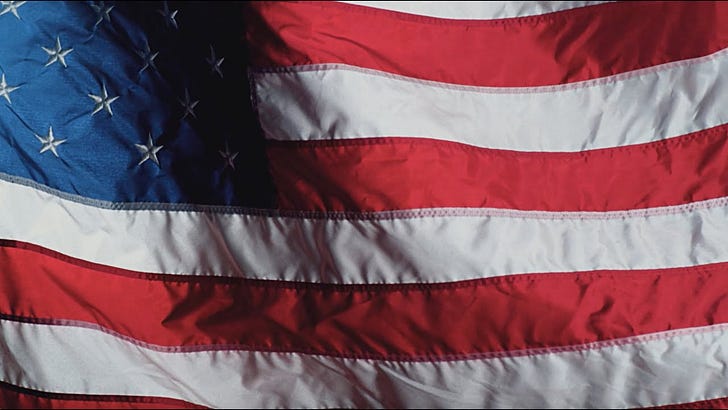Welcome to the latest edition of the Top 5 articles we’ve read this week. Each week, we read dozens of articles in the hope we find essays and reporting that speak to big ideas, trends, future looks, and incredible human stories. We hope you enjoy these articles, and do always let us know if you have a suggestion or a recommendation! But first…
Election Resources from The Center for Christianity and Public Life
Are you struggling with how you will vote, whether in your local, state, or federal elections? CCPL has a non-manipulative guide for you.
Join us for two prayer calls so that we can pray over the election and the incoming results! The first is on Tuesday, Nov. 5th (Election Day) at 10am EST. The second prayer call will be on Wednesday, Nov. 6th (the day after the election) at 10am EST.
Thousands of people—including many churches and small groups—are reading The Spirit of Our Politics: Spiritual Formation and the Renovation of Public Life as they navigate this intense political season! If you already own the book, access CCPL’s discussion guide here. If you’ve read the book, would you also consider writing a review on Amazon? Thank you for your support!
Watch and share this video — it will tell others in your social network what you think our politics needs.
Watch this conversation on how our elections work. You will most likely learn something new, and please do share it with others who you think could benefit from this discussion of election integrity and security.
If you are a leader in your church (or know a pastor who might need it), watch this conversation, which will help you navigate the coming days.
The Top 5 articles for your week:
“Millions of Movers Reveal American Polarization in Action” (NYT)
Because Ronda Kaysen and Ethan Singer give us powerful imagery for geographical polarization.
“What’s in your TikTok feed? As elections near, it may depend on gender.” (WaPo)
Because Jeremy B. Merrill, Cristiano Lima-Strong, and Caitlin Gilbert found in their WaPo experiment that female TikTok users received 11% more content about VP Kamala Harris than male users did, and male users were more likely to be shown videos about former President Donald Trump.
“How much of this is driven by the algorithms and how much is driven by the content that people want? This is one of those big questions,” said Cybersecurity for Democracy co-director Damon McCoy, a professor of computer science at New York University.
“Perfectly Balanced, Totally Unstable” (Substack)
Because Lee Drutman sums up why he thinks our elections have been so close the last few cycles.
It's close because we've built a political system that demands and reinforces that closeness. But understanding this dynamic gives us the power to change it. The path forward isn't through one side finally vanquishing the other in our endless partisan battle. That is not going to happen – at least not peacefully. And violence could throw us into a new, much worse equilibrium. The answer is in breaking free of that binary altogether and rebuilding the multidimensional, resilient democracy America needs to navigate the challenges ahead.
The choice is ours.
“Americans, your calls and texts can be monitored by Chinese spies” (WaPo)
Because Josh Rogin tells us that a recent hacking of the Trump and Harris campaigns reveals a much larger cybersecurity threat to mobile users in the US.
“After the Deluge: Appalachia’s ‘Climate Haven’ Myth Unravels” (Salvation South)
Because Jessica Martell and Zachary Vernon examine how the recent Hurricane disaster upended Appalachia’s rising popularity as a real estate haven for those in more climate-prone regions.
Despite persistently harmful stereotypes and widespread cultural marginalization, Appalachia has become an increasingly desirable place to live. This shift has been motivated, at least in part, by new narratives about climate change.
BONUS: “Belonging and Shared Agency: What Religion Still Offers Society” (Capita)
Because our own Michael Wear writes:
We must not impose our assumptions about the future of religion or our own personal experiences with it, on questions about the role of religion in promoting belonging and a sense of shared agency in society.



